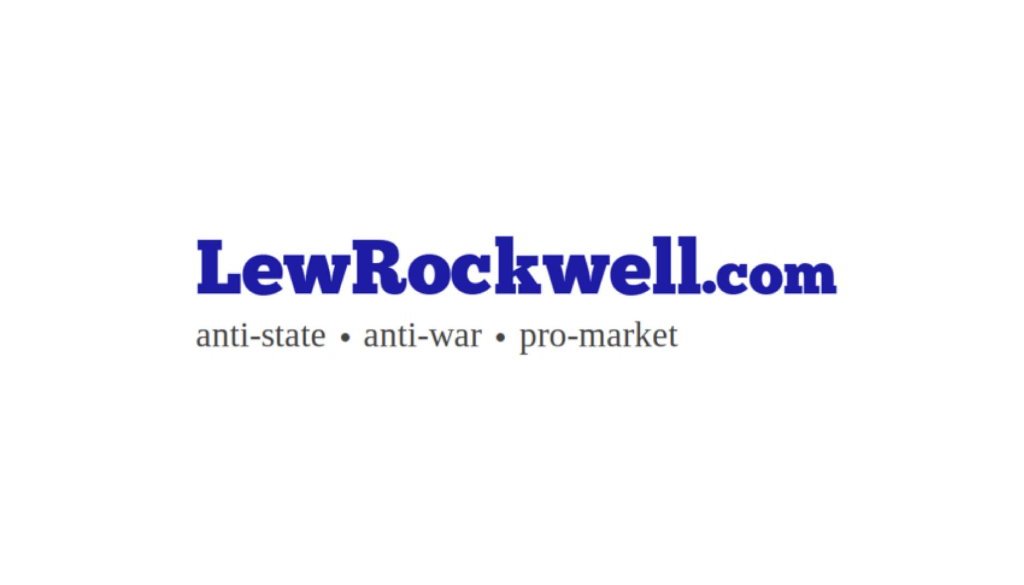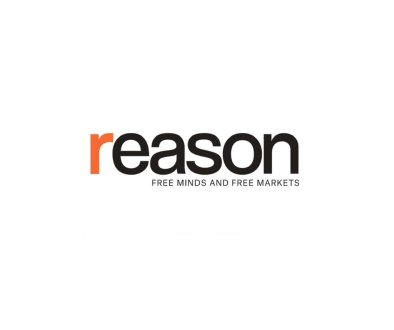President Trump’s Obsession With Tariffs. Economic Ruse or Political Blackmail?
It would be fair to call President Trump as obsessed with tariffs. Import tariffs on every country that does not conform to his foreign policy ideas is the “rules-based order” converted into the “Trump-based order.”
Punishment by imposing tariffs is an ill-advised obsession of Donald Trump’s. He played this card already during his first Administration (2016-2020), and it was in most places, especially in China, ineffective and just hot air propaganda. First, because China had already then and even more today, developed other markets in Asia, foremost with the ASEAN countries and later with the Global South; and second, because the US depends more on imports of Chinese goods, than China depends on exports to the US. Hence, the enormous trade imbalance in favor of China.
In the course of a ten-year negotiation, China and Indonesia initiated the world’s largest Free Trade Agreement, based on the ASEAN association, the so called Regional Comprehensive Economic Partnership (RCEP), comprising 15 countries (Australia, Brunei, Cambodia, China, Indonesia, Japan, South Korea, Laos, Malaysia, Myanmar, New Zealand, the Philippines, Singapore, Thailand and Vietnam), accounting for nearly 30% of the world’s population and 30% (US$ 30 trillion – 2024 est.) of global GDP. The RCEP is the largest trade block in history. It became effective on 1 January 2022.
Trump hopes to reduce the US-China trade disequilibrium by imposing tariffs on Chinese-made imports. What he does is putting a stick in the wheels of US industries depending on imports from China, thereby slowing the US economy; and US consumer goods becoming more expensive, contributing to US inflation, the very affliction he promised during his campaign to fight as number One Priority.
On a political level, imposing tariffs on countries he does not agree with is outright blackmail. Will Trump blackmail Canada into becoming the 51st State of the United States by his announced 25% tariffs for Canadian goods?
In Mexico, under another 25% tariff threat, President Claudia Sheinbaum promised to deploy 10,000 national guard members to 18 cities along the US-Mexico border as part of a deal to delay US tariffs. The Mexican National Guard has been created only a few years ago. They are unarmed and have so far little experience. They are operating under the Mexican military and are supposed to “prevent drug trafficking from Mexico to the United States, particularly fentanyl.”
Along with the understaffed Mexican military, they will also be confronted with the task to stop illegal immigration to the US. See this from the NYT.
The question arises as to what extent do these tariff impositions b
Article from LewRockwell

LewRockwell.com is a libertarian website that publishes articles, essays, and blog posts advocating for minimal government, free markets, and individual liberty. The site was founded by Lew Rockwell, an American libertarian political commentator, activist, and former congressional staffer. The website often features content that is critical of mainstream politics, state intervention, and foreign policy, among other topics. It is a platform frequently used to disseminate Austrian economics, a school of economic thought that is popular among some libertarians.




